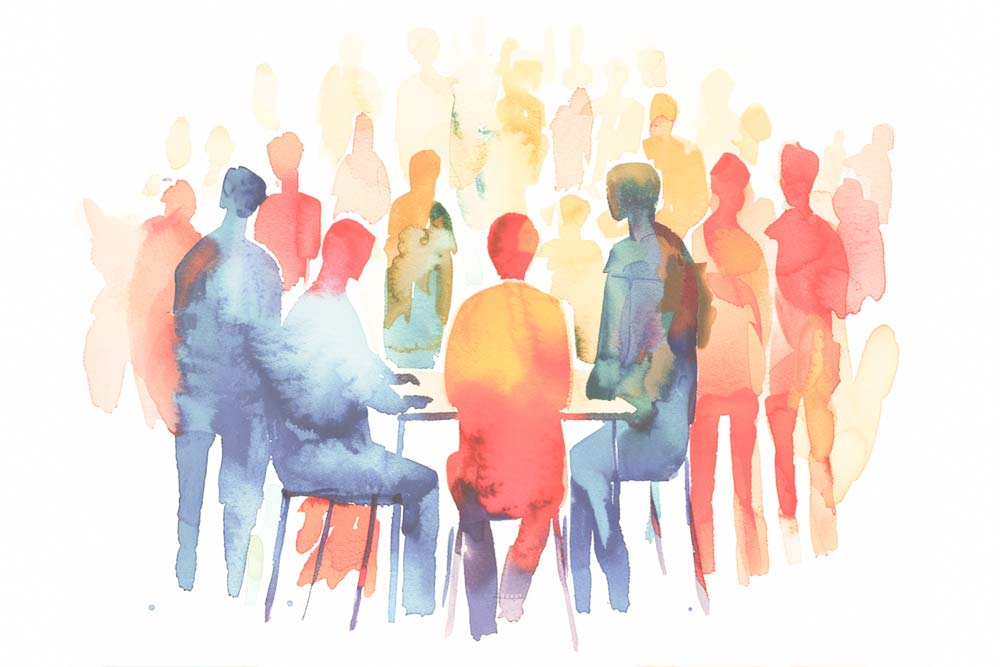Impact
We share our stories to provide insight into the “who, what, and to what end” behind our work.


Data
Sharing information is essential to understanding where we have been and where we want to go.
News
View our recent newsletters or sign up to receive news right to your inbox.
